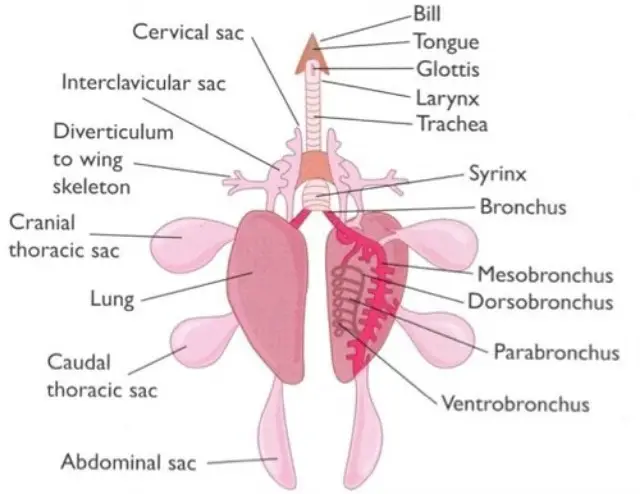Budgies mimic sounds and human speech for various reasons, including family and flock imitation, to increase the probability of sexual selection. In captivity, they see humans as their flock members or potential mates. Therefore, budgies imitate human speech to both learn and impress people.
Why Do Budgies Mimic Sounds in Nature? (Why Do Birds Use Vocal Mimicry?)
Simply put, budgies often mimic various sounds to imitate the flock members and impress the potential mates.
Both female and male budgies imitate the flock members for many reasons. Female budgies rarely try to impress their male mates by mimicking the sounds. On the contrary, male budgies frequently mimic the various sounds to impress the female budgies.
Flock Imitation
Flock imitation begins early stages of budgie life. All offsprings try to imitate the movements of their movements and sounds.
For example, 3-week-old baby budgies learn to break the shells of the shelled seeds by mimicking their parents. Male budgies especially eat the shelled seeds by breaking their shell in front of the baby budgies and letting baby budgies mimic this important ability.
To Increase the Probability of Sexual Selection (to Impress the Mates)
Mimicking various sounds increases the probability of sexual selection in nature. Therefore, both male and female budgies mimic many sounds to entice their mates to mate.
Budgie may mimic other birds, machine sounds, human speeches, etc. to impress their mate. But, in nature, budgies typically mimic the sounds of the flock members.
Male budgies are more interested in mimicking the sounds when it comes to impressing females. Especially, in nature, male budgies try to find rare sounds and mimic them to impress the female.
How Can Budgies Biologically Mimic Sounds?
Budgerigars do not have vocal cords and produce sounds using a structure called the syrinx. The syrinx is located under the larynx, at the lower end of the trachea (windpipe).
Thanks to the syrinx, budgies can make sounds as diverse as humans. Besides, the high-pitched sounds are produced by changing the pressure of the air directed from the lungs in the syrinx.
In addition, budgies can also use the vocalization mechanism bilaterally. Birds can mimic sounds both when inhaling and exhaling.

Do Budgies Mimic Other Birds?
Yes, budgies mimic other birds in certain circumstances.
In fact, in nature, budgies live in a flock, and they typically don’t mimic other birds. Even so, in some specific cases, male budgies may mimic the sounds of other birds, as they consider it a rare sound that may attract female budgies.
In captivity, every bird, cat, dog, and human is a member of the flock in the eyes of budgies. For this reason, budgerigars mimic the sounds of other captive birds, as they mimic the sounds of their flock members in nature.
Do Budgies Understand Humans?
Budgies don’t understand humans the way humans understand each other. They can repeat tricks and sounds that humans teach them, or they learn sounds and repeat them. Budgies lack the ability to infer.
Do They Know What They’re Saying While Mimicking?
Budgies don’t know what they are saying while mimicking. They typically imitate sounds because of mating and acceptance purposes.
Popular Budgies That Best at Mimicking the Human Speech (📹 Video)
REFERENCES:


